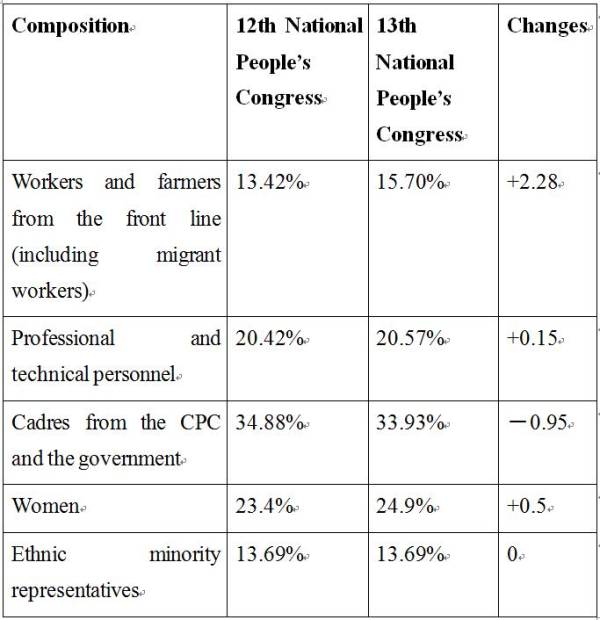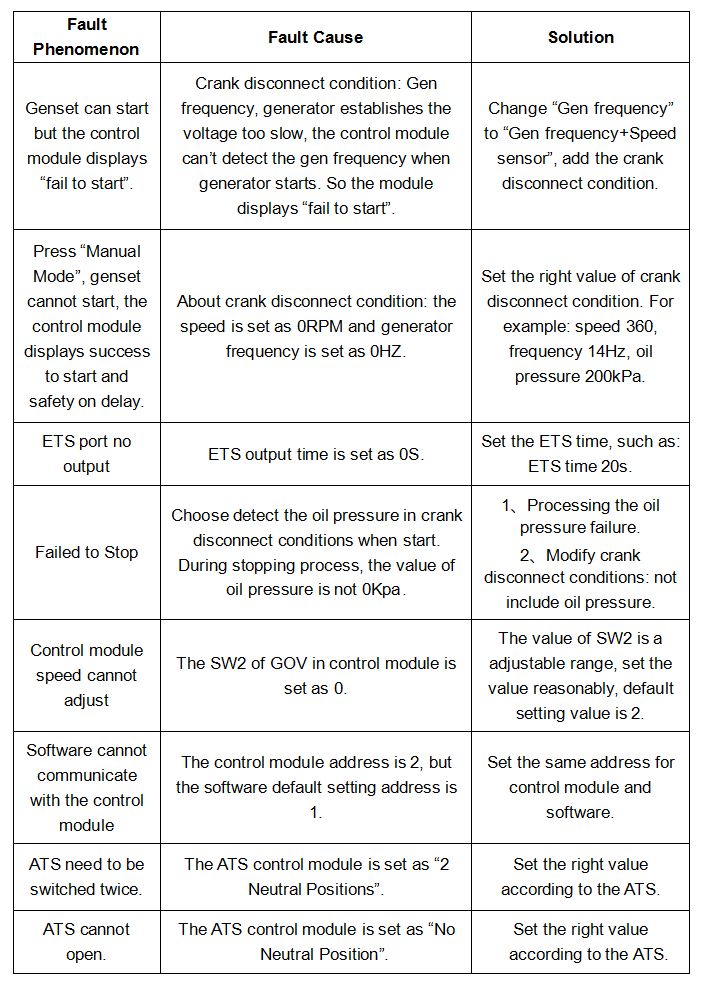Understanding the Consequences of Default on Title Loan: What You Need to Know
#### Default on Title LoanWhen you take out a title loan, you are essentially using your vehicle as collateral to secure a cash advance. While this can be a……
#### Default on Title Loan
When you take out a title loan, you are essentially using your vehicle as collateral to secure a cash advance. While this can be a quick way to access funds, it comes with significant risks, especially if you find yourself unable to repay the loan. **Default on title loan** occurs when a borrower fails to meet the repayment terms outlined in the loan agreement. This situation can lead to severe financial and legal repercussions, making it crucial for borrowers to understand the implications of defaulting.
#### Consequences of Default on Title Loan
Defaulting on a title loan can result in the lender repossessing your vehicle. This process often begins with a notice of default, informing you that you have failed to make the required payments. If you do not rectify the situation by paying off the loan or making arrangements with the lender, they may proceed to take possession of your car. This can leave you without reliable transportation, impacting your ability to work and manage daily responsibilities.
Additionally, defaulting can severely damage your credit score. Title loans are typically reported to credit bureaus, and a default can remain on your credit report for several years. This negative mark can hinder your ability to secure future loans, apply for credit cards, or even rent an apartment. The long-term effects on your credit history can make it challenging to obtain favorable interest rates and terms for any future borrowing needs.

#### Legal Ramifications of Default on Title Loan
Beyond the financial consequences, there are also legal ramifications associated with defaulting on a title loan. Lenders have the right to pursue legal action to recover the amount owed, which can lead to additional costs such as court fees and attorney fees. In some cases, lenders may file a lawsuit against you for the remaining balance after repossessing the vehicle, especially if the sale of the vehicle does not cover the outstanding loan amount.
#### How to Avoid Default on Title Loan
To avoid defaulting on a title loan, it's essential to have a clear repayment plan in place before taking out the loan. Here are some strategies to consider:

1. **Budgeting**: Create a detailed budget that includes your monthly loan payment. Ensure that you have enough income to cover this expense along with your other financial obligations.
2. **Emergency Fund**: If possible, set aside an emergency fund to cover unexpected expenses that may arise during the loan term. This can help you avoid missing payments due to unforeseen circumstances.
3. **Communication with Lender**: If you find yourself struggling to make payments, reach out to your lender as soon as possible. Many lenders are willing to work with borrowers to create a modified payment plan or offer temporary relief.
4. **Consider Alternatives**: If you anticipate difficulty in repaying a title loan, consider exploring alternative financing options. Personal loans, credit unions, or even borrowing from friends or family may offer more favorable terms and lower risks.

5. **Educate Yourself**: Understanding the terms of your loan, including interest rates, fees, and repayment schedules, can help you make informed decisions and avoid pitfalls that lead to default.
#### Conclusion
In summary, **default on title loan** is a serious issue that can have lasting financial and legal consequences. By understanding these implications and taking proactive steps to manage your loan, you can minimize the risk of default and protect your financial future. Always consider your options carefully and seek advice if you find yourself in a difficult situation. Remember, knowledge is power when it comes to financial decisions, and being informed can help you navigate the complexities of title loans successfully.